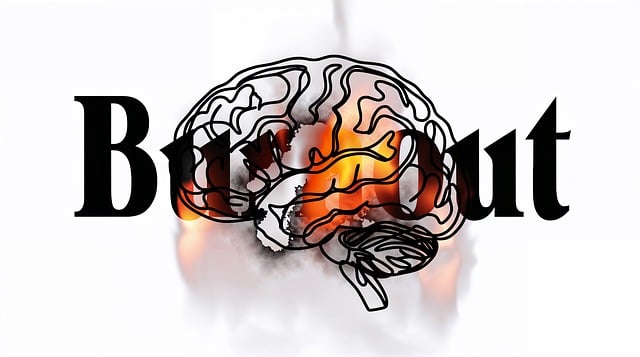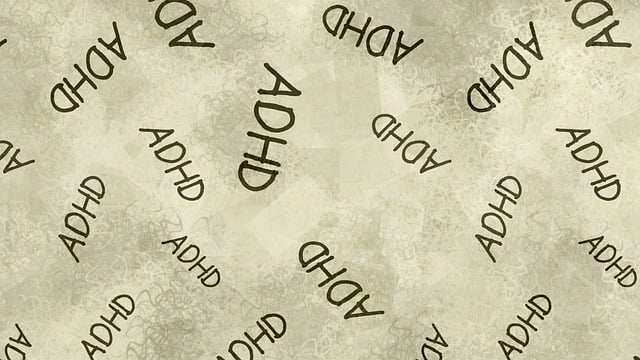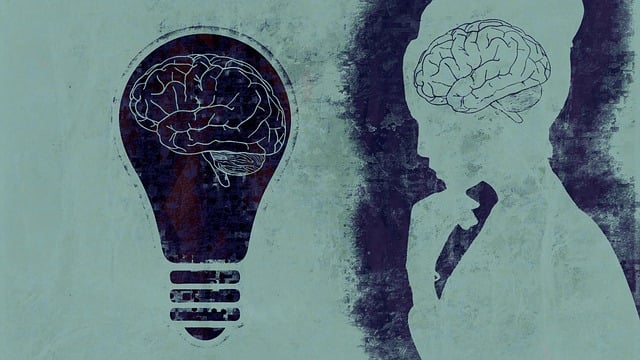Mental health professionals worldwide recognize the need for gender-specific care, especially in diagnosing and treating non-binary and transgender individuals. Arvada Gender-Affirming Care Therapy (AGACT) in Colorado offers a promising solution with trauma support and cultural sensitivity. This initiative combines evidence-based practices with specialized care, improving diagnostic clarity and patient relationships. AGACT educates both patients and healthcare providers through comprehensive mental health programs, revolutionizing LGBTQ+ mental health care by ensuring accurate diagnoses and access to tailored options for enhanced outcomes.
Mental illness diagnosis accuracy is a critical aspect of patient care, yet challenges persist. This article explores innovative strategies to enhance diagnostic precision, focusing on gender-specific mental health issues and the transformative impact of Arvada Gender-Affirming Care Therapy. We delve into advancements in diagnostic tools, professional training, community engagement, and culturally sensitive practices. By integrating these efforts, healthcare systems can strive for better outcomes, ensuring individuals receive timely, accurate diagnoses and effective treatment.
- Understanding the Challenge: Uncovering Gender-Specific Mental Health Issues
- Arvada Gender-Affirming Care Therapy: A Novel Approach to Diagnosis
- Enhancing Diagnostic Tools and Techniques for Improved Accuracy
- Training Professionals: Equipping Clinicians with Culturally Sensitive Skills
- Community Engagement and Support: Fostering Open Conversations About Mental Health
Understanding the Challenge: Uncovering Gender-Specific Mental Health Issues

Mental health professionals are increasingly recognizing the need to address gender-specific challenges in diagnosis and treatment. Traditional approaches often fail to account for the unique experiences and manifestations of mental illness across genders, leading to misdiagnoses or delayed care. This is particularly evident in identifying and supporting individuals who identify as non-binary or transgender. The complex interplay of societal norms, gender stereotypes, and personal experiences can make it difficult to pinpoint specific symptoms, especially when these deviate from typical presentations associated with a particular gender.
In Arvada, Colorado, Gender-Affirming Care Therapy has emerged as a promising initiative aimed at enhancing diagnosis accuracy and improving mental health outcomes for transgender and non-binary individuals. By incorporating trauma support services and cultural sensitivity in mental healthcare practice, therapists create safe spaces that encourage emotional regulation and genuine expression of gender identity. This tailored approach not only improves diagnostic clarity but also fosters better patient-therapist relationships, ultimately leading to more effective treatment plans.
Arvada Gender-Affirming Care Therapy: A Novel Approach to Diagnosis

In recent years, the healthcare industry has witnessed a shift towards more inclusive and nuanced approaches to mental health treatment, particularly within the LGBTQ+ community. One such innovative initiative is the Arvada Gender-Affirming Care Therapy (AGACT), which focuses on improving diagnosis accuracy for individuals experiencing gender dysphoria and related mental health concerns. AGACT offers a holistic approach that goes beyond traditional diagnostic methods by incorporating specialized care tailored to the unique needs of transgender and non-binary individuals.
This therapy program emphasizes the importance of creating a safe and supportive environment, utilizing evidence-based practices such as Mindfulness Meditation and Stress Management Workshops Organization techniques. By educating both patients and healthcare providers through comprehensive Mental Health Education Programs Design, AGACT aims to break down barriers in diagnosis and foster more empathetic care. Through these efforts, Arvada Gender-Affirming Care Therapy strives to enhance the overall mental health outcomes for gender-affirming individuals, ensuring they receive accurate diagnoses and access to specialized treatment options.
Enhancing Diagnostic Tools and Techniques for Improved Accuracy

Mental health professionals are continually striving to improve diagnostic accuracy, and a key area of focus is enhancing the tools and techniques employed in assessment. This involves integrating innovative methods that cater to the nuanced needs of diverse patient populations. For instance, Arvada Gender-Affirming Care Therapy has shown promise in improving diagnosis accuracy by providing specialized support tailored to individuals’ unique experiences and identities.
Through this approach, therapists focus on developing coping skills and enhancing self-esteem, which not only aids in accurate assessment but also contributes to Anxiety Relief. By creating a safe and affirming environment, patients feel more at ease expressing their thoughts and emotions, leading to more comprehensive evaluations. This method ensures that professionals capture the full spectrum of an individual’s mental health picture, enabling them to make informed diagnoses and develop personalized treatment plans.
Training Professionals: Equipping Clinicians with Culturally Sensitive Skills

In efforts to enhance mental illness diagnosis accuracy, training professionals like clinicians and therapists with culturally sensitive skills is paramount. This involves equipping them with tools to navigate the nuances of diverse identities, including gender-affirming care practices, as seen in Arvada’s approach. By fostering empathy and understanding through compassion cultivation practices, healthcare providers can create a more inclusive environment that encourages open communication.
Mental wellness journaling exercises and effective communication strategies further contribute to this process. These techniques allow individuals to express their experiences authentically while helping therapists gain deeper insights into their patients’ lived realities. Through such comprehensive training, the mental health field moves towards more accurate diagnoses, tailored treatments, and ultimately, improved patient outcomes.
Community Engagement and Support: Fostering Open Conversations About Mental Health

In the pursuit of enhancing mental illness diagnosis accuracy, community engagement plays a pivotal role in fostering open conversations about mental health. By breaking down societal barriers and stigma associated with seeking therapy, individuals are more likely to initiate and maintain treatment plans. Arvada Gender-Affirming Care Therapy serves as a beacon, demonstrating that inclusive healthcare practices can significantly impact patient outcomes. This approach not only encourages vulnerability but also equips individuals with the tools to recognize their mental health needs, fostering an environment where support is readily accessible.
Community engagement strategies, such as mindfulness meditation workshops and risk assessment training for mental health professionals, contribute to a holistic improvement in diagnosis accuracy. Burnout prevention programs are essential components of these efforts, ensuring that healthcare providers remain vigilant and adept at identifying subtle changes in patient behavior. Through open dialogue and comprehensive training, communities can collectively enhance the availability and quality of mental health services, ultimately leading to better-informed diagnoses and more effective treatment strategies.
In navigating the complex landscape of mental illness diagnosis, it’s clear that a multifaceted approach is essential. By understanding gender-specific challenges, adopting innovative techniques like Arvada Gender-Affirming Care Therapy, enhancing diagnostic tools, and training professionals with culturally sensitive skills, we can significantly improve accuracy. Community engagement and support are paramount in fostering open conversations about mental health, ensuring no one faces these issues alone. Ultimately, these efforts collectively work towards a more inclusive and effective mental healthcare system.














